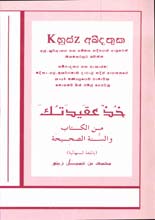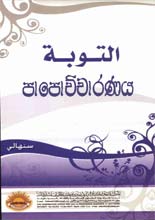


Many suspects have been held on remand for years awaiting trial. It allows the authorities to carry out arrests without warrant for unspecified “unlawful activities,” and permits detention for up to 18 months without producing the suspect before a court.

The PTA was enacted in 1979 as a temporary measure when it was presented in parliament, debated, and enacted all in one day.

If the amendments are adopted, the PTA would still not meet any of the five “necessary prerequisites” described by seven United Nations special rapporteurs in December 2021 to comply with international human rights standards. “That is how they threatened a confession out of me.” In a newspaper interview after he was released on bail following nearly two years in detention, Jazeem said that the police Terrorism Investigation Division “kept me handcuffed and isolated for 14 days. They forced me during this time to deliver a confession.” He said they threatened to keep him in prison “for 15 or 20 years” and to arrest the woman he was arranged to marry. He was accused without basis of promoting “religious extremism” in a 2017 book of Tamil verse. The proposed amendments would not have prevented the abuses suffered by Ahnaf Jazeem, a 26-year-old Muslim poet, who was arrested under the PTA on May 26, 2020, because broadly drawn speech related offences remain unchanged. However, the proposed amendments leave the most often abused provisions of the law intact, and if enacted, will do little to bring the PTA into compliance with Sri Lanka’s international human rights obligations. After years of domestic and international criticism of the law, the Sri Lankan government of President Gotabaya Rajapaksa on January 27, 2022, published a bill to amend the act. Sri Lanka’s Prevention of Terrorism Act (PTA) has been used for over 40 years to enable prolonged arbitrary detention, to extract false confessions through torture, and to target minority communities and civil society groups.


 0 kommentar(er)
0 kommentar(er)
